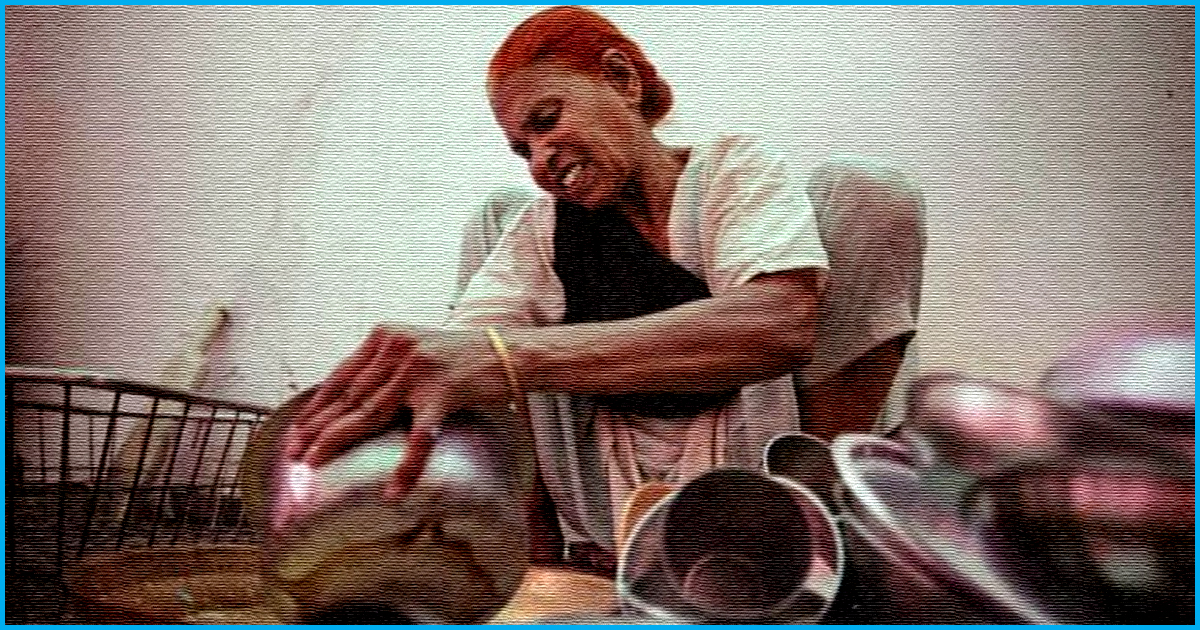
Unpaid Work Done By Women Across The Globe Is 43 Times The Turnover Of Apple: Oxfam Study
22 Jan 2019 12:46 PM GMT
An Oxfam study released on January 21 says that the unpaid work done by women across the globe amounts to about $10 trillion every year. This amount is 43 times the annual turnover of Apple. Apple is one of the leading companies in the world in terms of market value.
Women and unpaid work
The report says that the unpaid work done by women in India by looking after their houses and their children is worth 3.1% of the country’s GDP. Notably, women living in urban areas spend 312 minutes per day on unpaid work while women in rural areas spend 291 minutes per day, the report says.
This number is 10 times the number of minutes men spend on unpaid care work. Men living in urban areas spend just 29 minutes a day and men in rural areas spend 32 minutes a day on unpaid work.
The report observed, “It is understood that a woman’s primary role is to take care of the house and her family and any income-generating work is secondary to this role.” The report also highlighted the huge pay that exists between men and women workers. The gender pay gap for India stands at 34%. The study also cited India’s poor ranking of 108 on the World Economic Forum’s (WEF) Global Gender Gap Index of 2018. This rank is 10 notches lower than that in 2006 along with being far below the global average. India, in this ranking, lags behind neighbouring countries like China and Bangladesh.
A report released by the international rights group before the start of the WEF Annual Meeting at Davos, Switzerland also said that women and girls around the world, including India, were the hardest hit by rising economic inequality. Also, there are just 9 women in the 119-member billionaires club.
Physical, mental and sexual harassment
The study further stated that due to deeply patriarchal society, the implementation of several laws dealing with violence against women is shoddy. The law to deal with sexual harassment at workplace came into being in 2013, after a 17-year long struggle by activists and lawyers. While the mechanisms to deal with such cases are in place in the organised workforce, the majority of women in the informal sector don’t have such support. The Oxfam study said that due to this reason, women often drop out of the workforce altogether or continue to work under such exploitive condition.
The study also cited a 1,000-household survey carried out in Bihar, Jharkhand, Chhattisgarh and Uttar Pradesh. 53% of those surveyed said that it was acceptable to “harshly criticise” a woman if she failed to take good care of the children, with 33% said that it was acceptable to even beat them up for this reason.
60% said that it was okay to harshly criticise a woman if she left a dependent or an ill adult unattended and 36% felt that it was acceptable to beat her for the same. The sense of entitlement was found to be great with 68% feeling it was acceptable to harshly criticise a woman if she did not cook, and 41% saying it was ok to beat her for not doing the same. The status of women as mere dependents was substantiated by the fact that 86% felt that a woman needs to ask before leaving home, failing which 54% felt it was ok to beat her.
The report said economic inequality and poor public services has women and girls are the prime victims. Oxfam India Chief Amitabh Behar said, ”Economic inequality plagued by caste, class, gender and religion need to be tackled on a war-footing,” as reported by NDTV.
Also Read: Gender Pay Gap Higher In Older Women, Have To Do Double Unpaid Work Than Men, Says Study
 All section
All section













